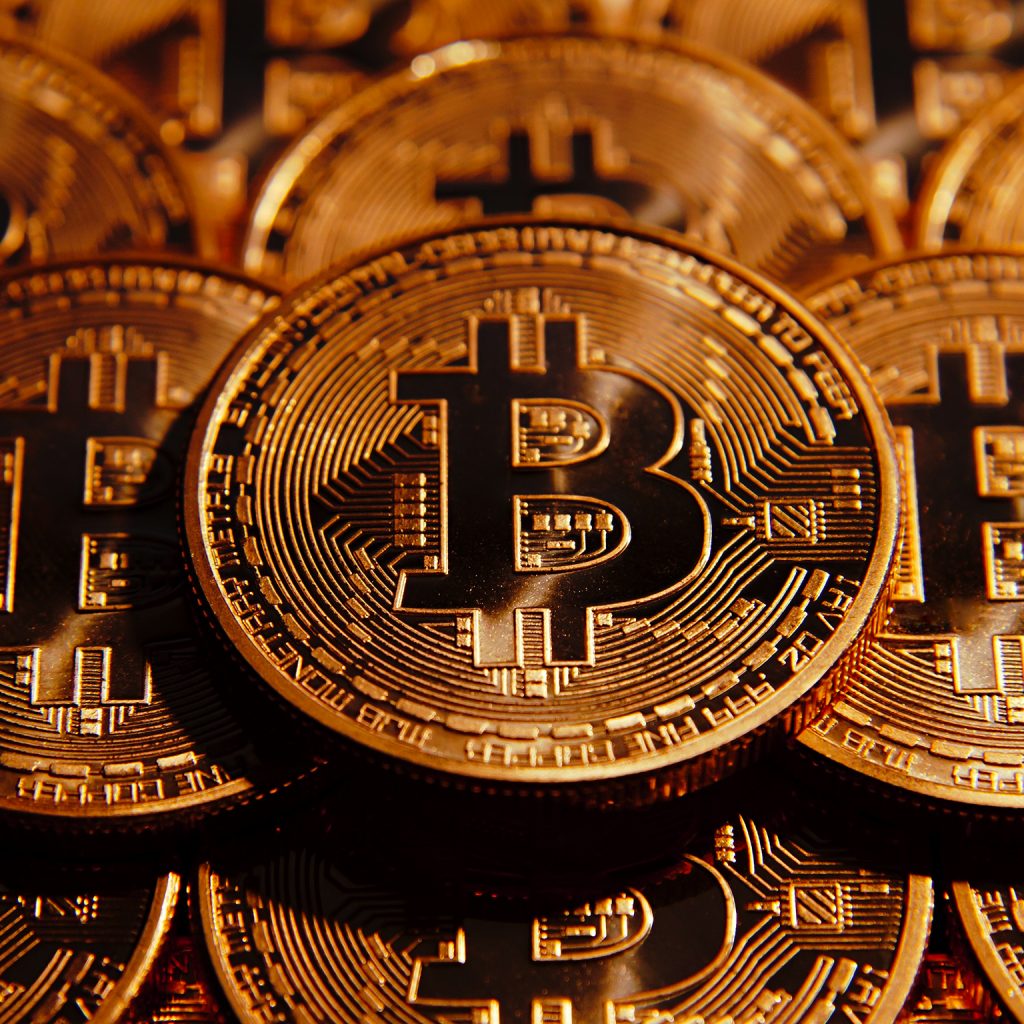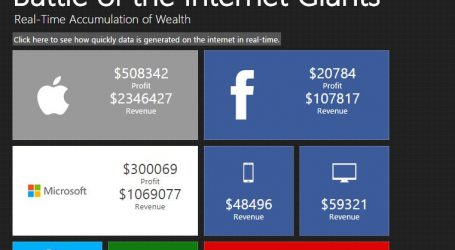The Rise of Virtual Currency

Virtual currency entered our world without any fanfare but through a paper titled “Bitcoin: A Peer-to-Peer Electronic Cash System” written by Satoshi Nakamoto about his invention – the bitcoin, which has been referred to as the first digital currency or crypto-currency.
Bitcoin was implemented as an open source code and defined as a decentralised digital currency. Just like the Internet that made information free for all, Nakamoto meant it to liberate money. But unlike physical money, this one is impenetrable against theft and fraud.
On the other hand, the anonymity it provides has made it the currency of choice for those who engage in illegal activities. Since bitcoin is borderless, it has also become the favorite currency of those who are engaged in said activities.
Despite the bad reputation these illegal activities had given to bitcoin, it hadn’t stopped US policymakers to sign a law that acknowledges bitcoin as a legitimate currency. Moreover, some of the leading French financial institutions, like Aqoba and Credit Mutuel, have given it the status of “payment service provider.”
Moreover, bitcoin has also gotten an International Bank ID number allowing you to use it as payment for transactions done through Paypal and WorldPay as well as being able to transfer money from bank to bank and issue debit cards.
Becoming a World Currency
With bitcoin slowly becoming legitimate, there are those who express fear that bitcoin will replace flat money soon. The IRS has already classified it as as legal-tender currency which means it will also be taxed regarding its gains and losses; similar to how property is taxed.
In a statement issued by the Internal Revenue Service, it says that “the character of gain or loss from the sale or exchange of virtual currency depends on whether the virtual currency is a capital asset in the hands of the taxpayer. If a taxpayer holds virtual currency as capital – like stocks or bonds or other investment property – gains or losses are realized as capital gains or losses. However, when virtual currency is held as inventory or other property mainly for sale to customers in a trade or business, ordinary gains or losses are generally incurred.”
Aside from this, there is a group of financial elites who are pushing bitcoin to become a major currency. In a book called “The Shadow Money-lenders and the Global Financial Tsunami,” the author said that these financial elites are now attempting to by-pass the banking system but focusing instead on various method of payments.
Still an Ambitious Project
Despite becoming more and more common, there are still challenges digital currency has to face if it really becomes a global currency. One, since it is mostly done on the Internet, bitcoin becomes vulnerable to viruses and hackers.
In 2013 for example, Kaspersky Lab discovered that a Trojan virus has infected a personal computer through the guise of a Skype message making it a slave of a of a bitcoin generator.
Secondly, with information filling up the building blocks of networks, there is a possibility that transactions will be delayed and there is still a debate going on whether or not they will expand the network.
It might still take quite a little longer for bitcoin to become our currency of choice. However, more and more people are becoming aware of bitcoin and it could become a good payment alternative.



